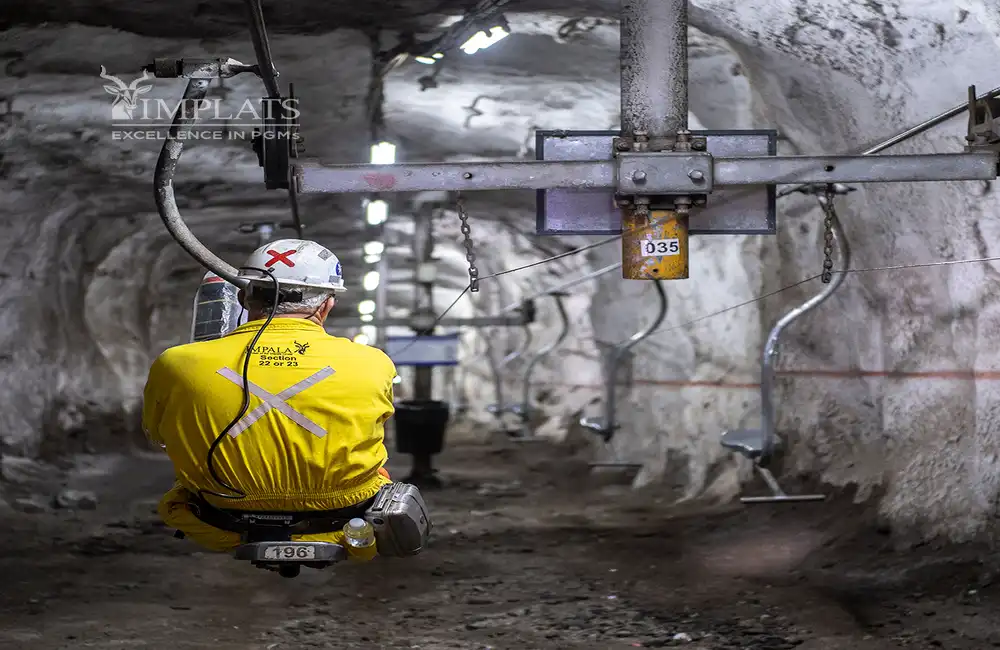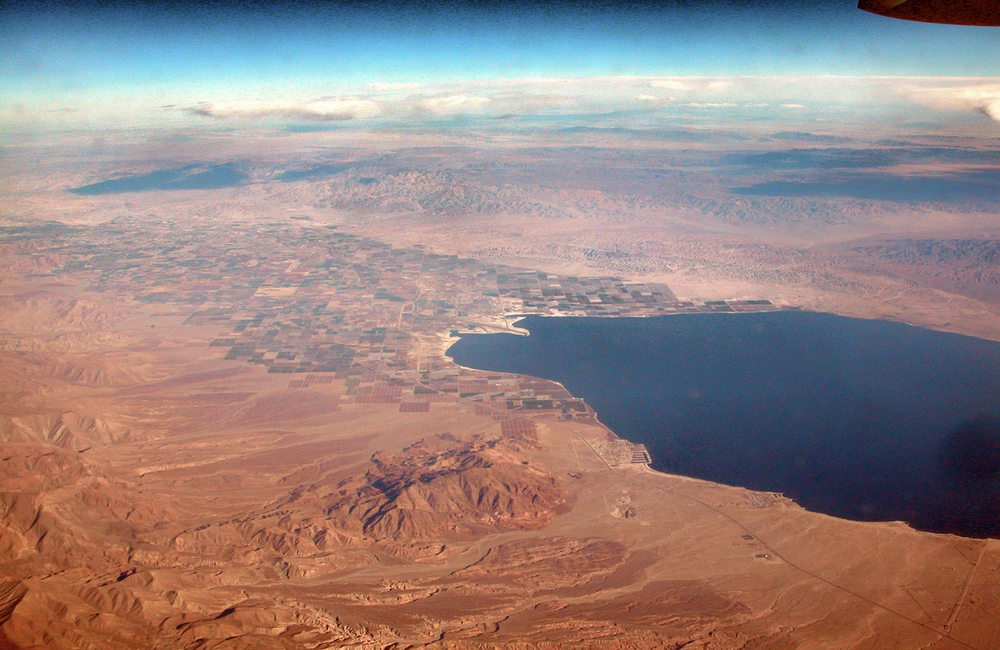It said on Feb. 16 the US Lawrence Berkeley National Laboratory in California will spearhead a joint effort to "quantify and characterize" lithium resources in the deep, hypersaline geothermal reservoir located under the Salton Sea.
The saltwater lake is located in far southern California near Mexico.
“If all goes well, the Salton Sea geothermal field in California has the potential to contain enough lithium to satisfy all of America’s domestic battery needs, with quite a bit left over to export,” Berkeley Lab said in a statement Thursday along with its project partners. “The project is the first large-scale scientific initiative to map California’s so-called ‘Lithium Valley’ and try to get a close look at the mineral-rich underground brine in the Salton Sea geothermal system.”
Researchers from the University of California at Riverside and Geologica Geothermal Group will join a Department of Energy laboratory managed by the University of California, Berkeley Lab in the study, which will be backed by $1.2 million in funding from the DOE’s Geothermal Technologies Office.
The area of the Salton Sea is already home to 11 commercial plants that generate geothermal energy by pumping hot fluids from underground up for conversion into electricity, the statement said.
“The cooled fluid is normally reinjected underground, but the concept is to first extract the lithium from the brine, then reinject the fluid back into the ground,” Berkeley Lab said.
The project team will use electron microscopes and other sophisticated analytical tools to assess the area’s mineral lithium sources and ascertain “whether or not the rocks will recharge the brine with lithium after it has been pulled from the produced fluids.” The group will also study the possible environmental effects of lithium extraction.
“This project will deliver critical insights and inform the subterranean work to advance a domestic lithium supply chain to be an environmentally responsible, data-driven pathway,” Alexis McKittrick, the program manager for hydronthermal resources at the Geothermal Technologies Office, said in the statement.
UCR said domestic lithium will be especially important as the world shifts to electric vehicles.
“There is an acute supply deficit in lithium in the development pipeline,” the university said in a separate statement. “The shortage could slow many automakers' plans to build all-electric inventory by 2035.”





















